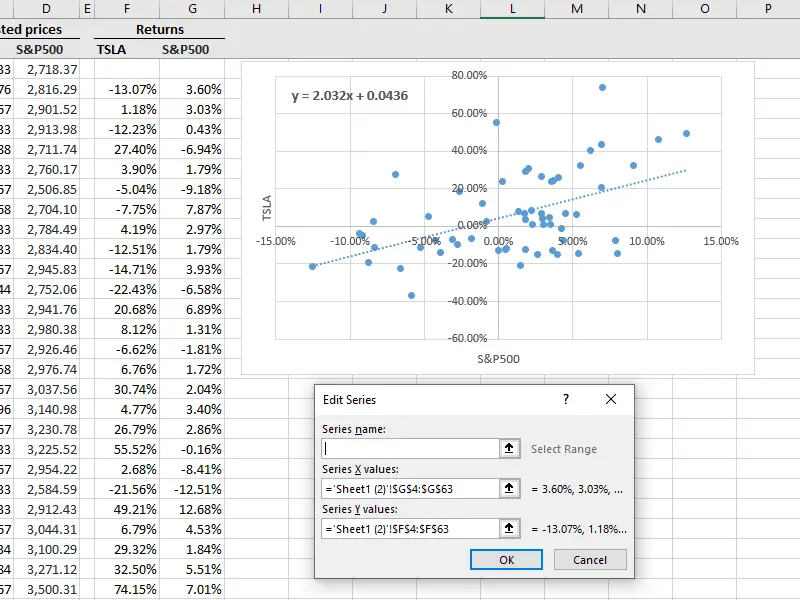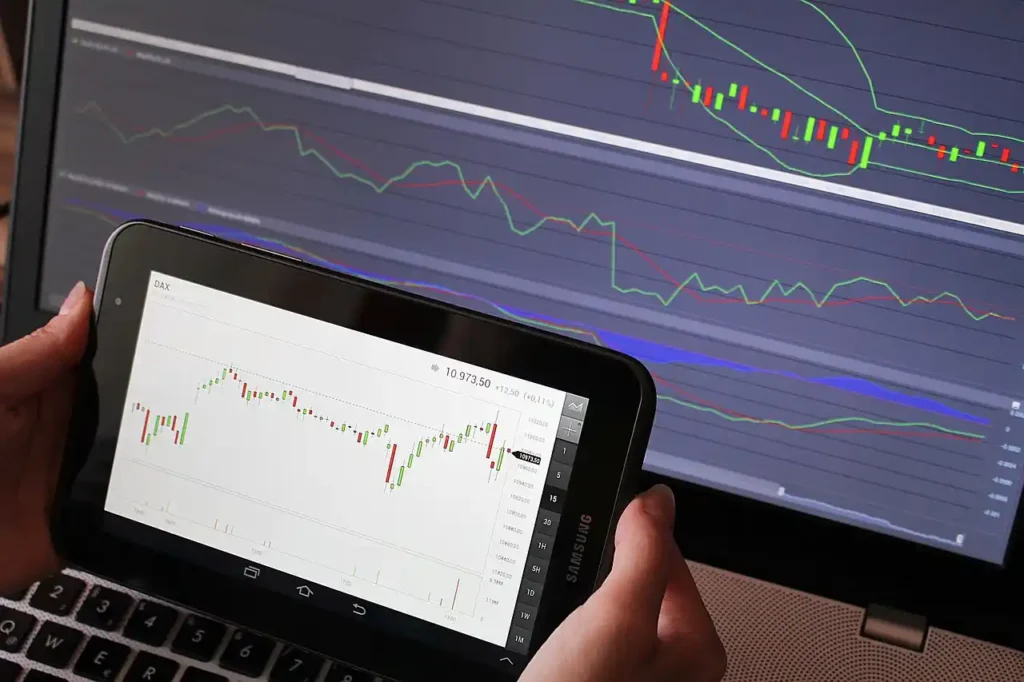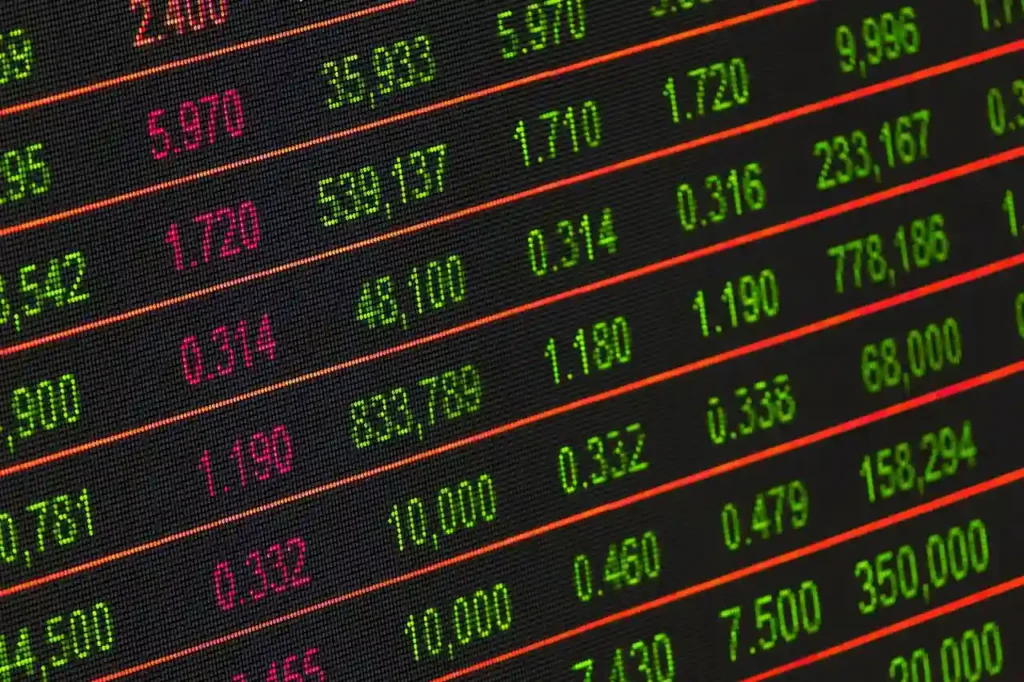Welcome to the home of financial education
Initial Return is the product of a collaboration between finance professionals, academics, and investors. We produce high-quality, educational content for investors, traders, and finance students.
Browse our free courses and tutorials
Watch our educational videos
We’ve got an active YouTube channel where we offer video tutorials on a wide range of topics in finance, investments, and trading. Click on the button below to visit our channel or watch one of our popular videos below.
A wealth of free resources
You’ll find lots of useful tools and templates on our webpages. What’s more our content is prepared by finance academics and professionals with finance students and beginner investors in mind.
Easy-to-use online calculators


Free Excel templates
“Financial education is the passport to a world where financial freedom is not just a destination, but a journey of empowerment and informed choices.”

Initial Return
The home of financial education



